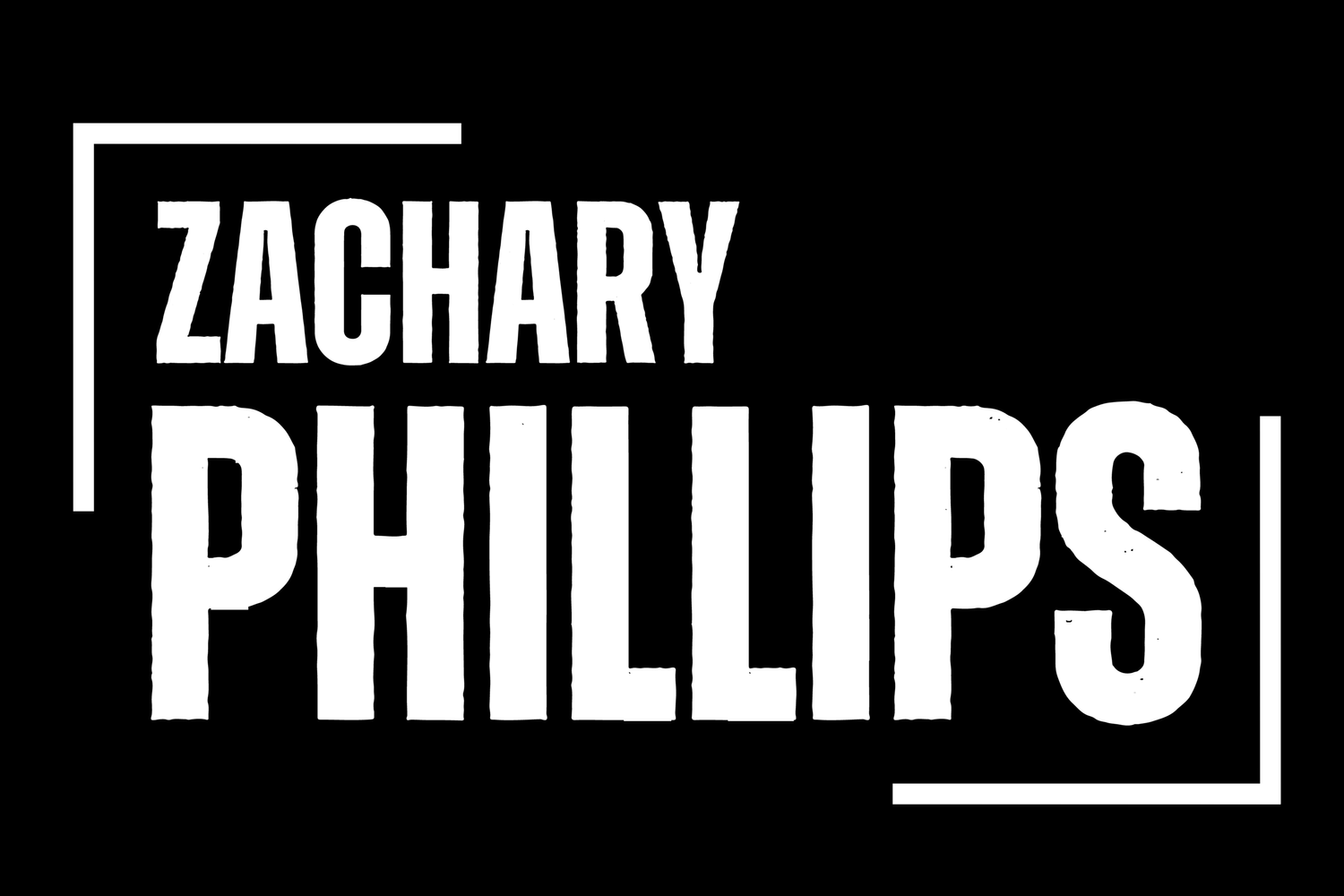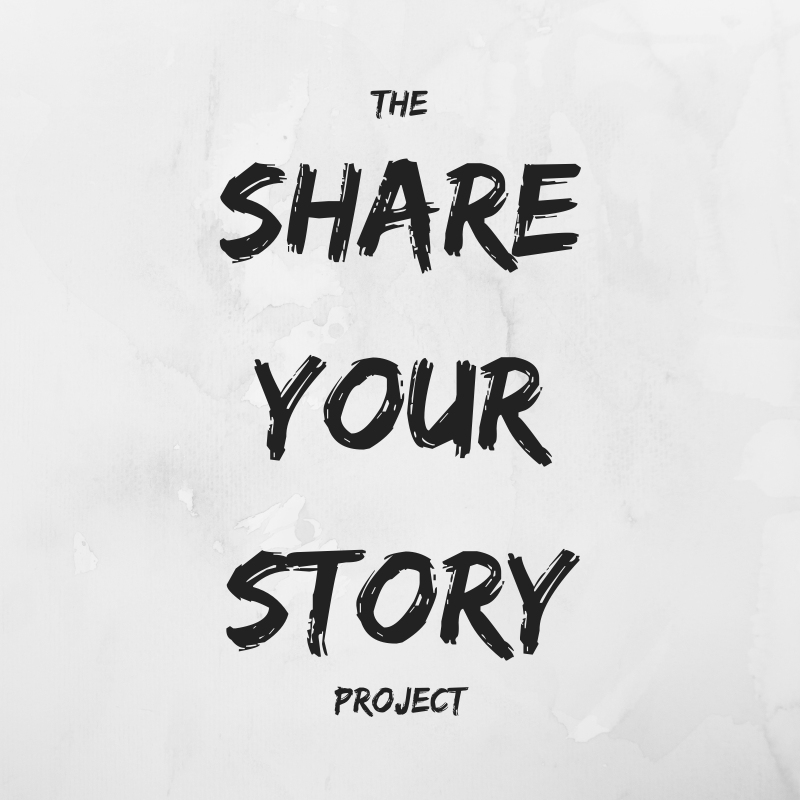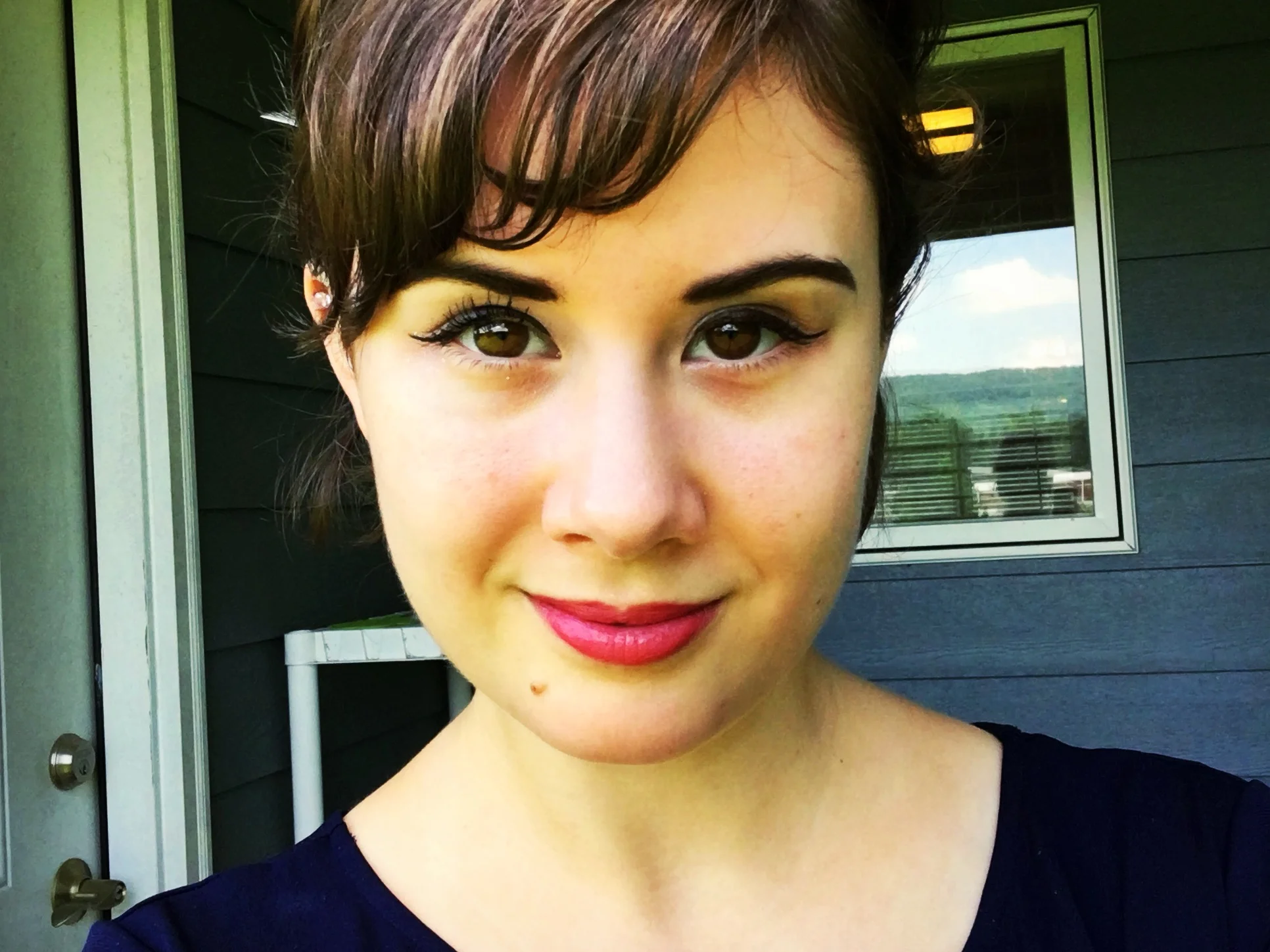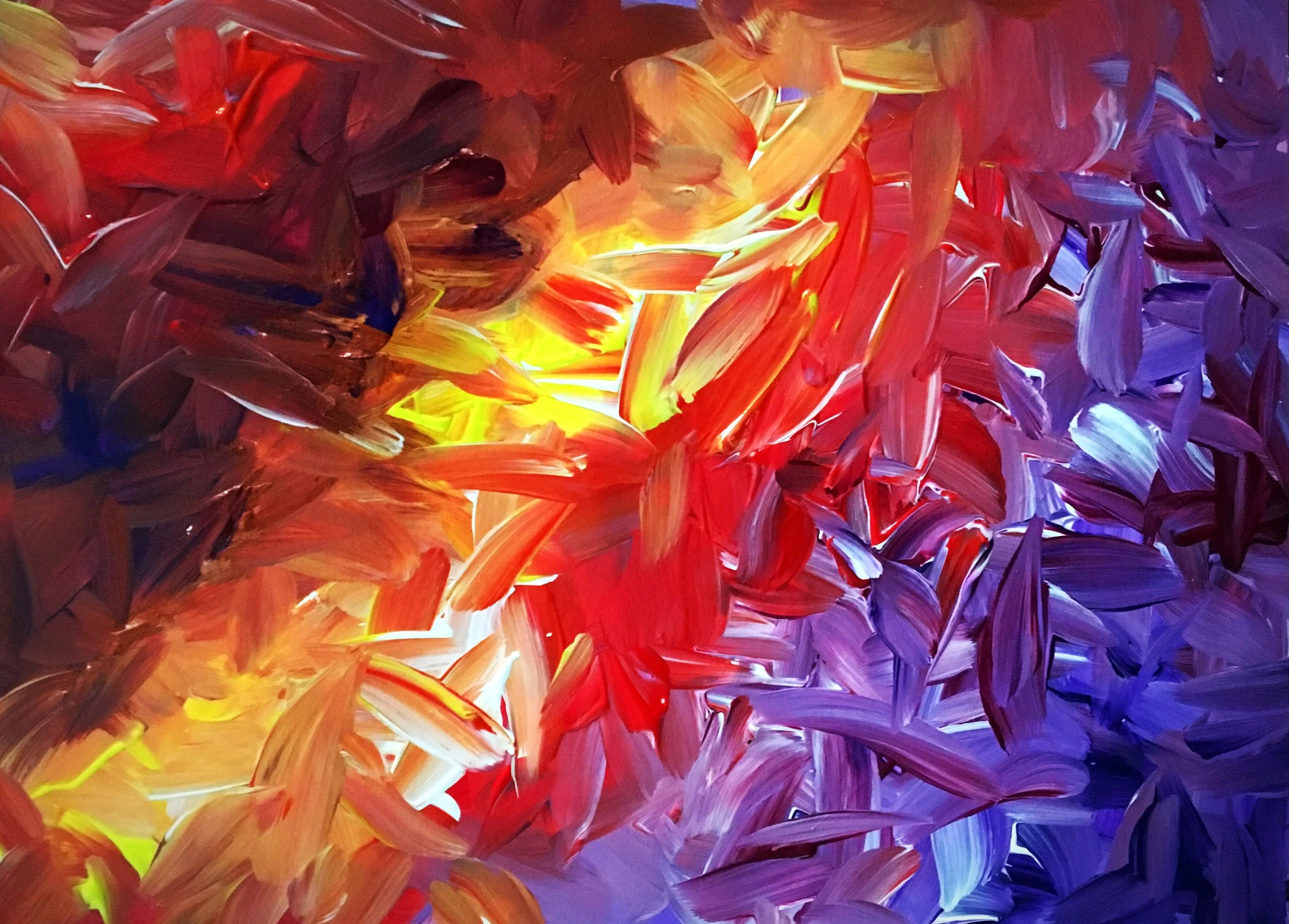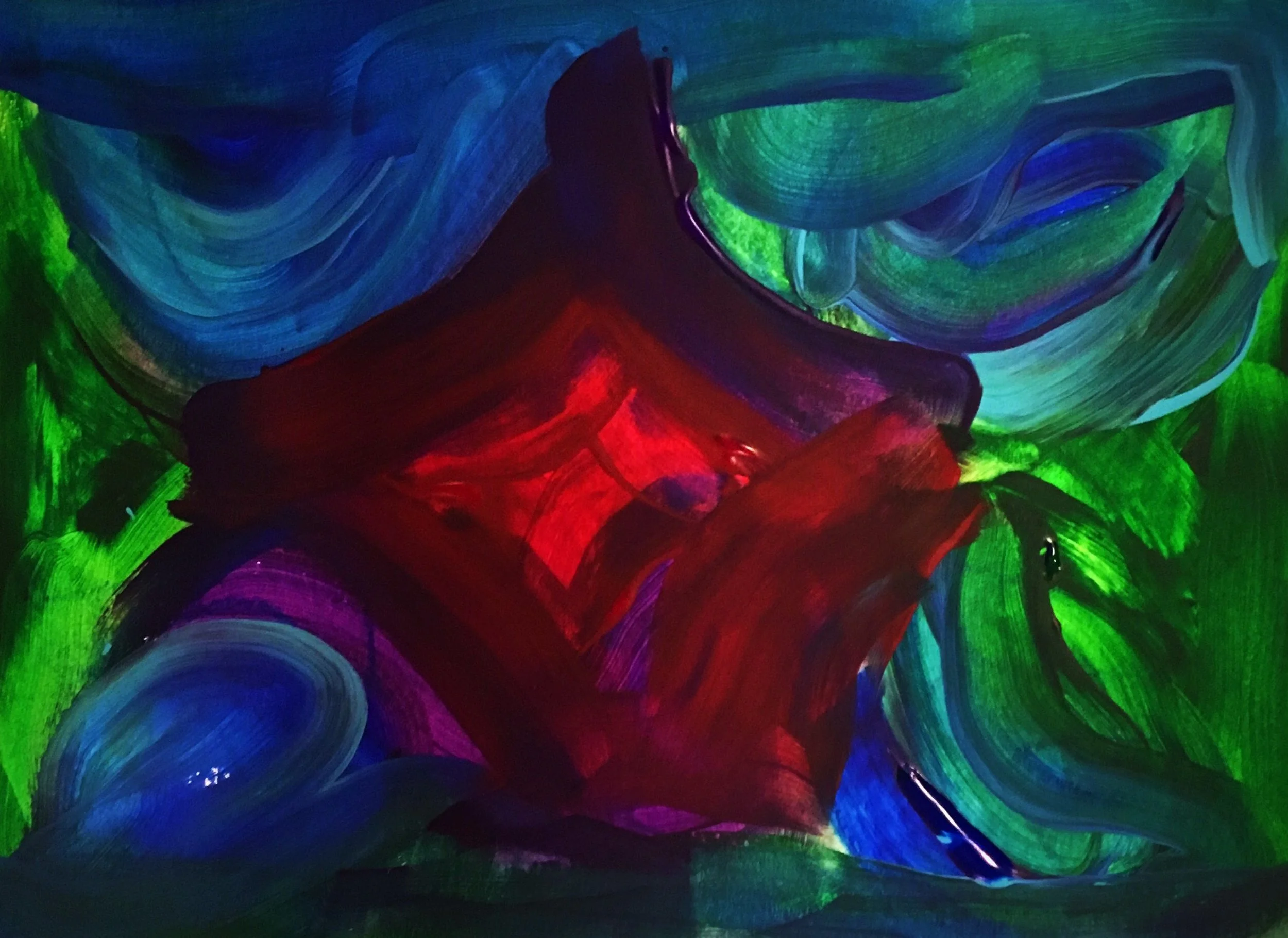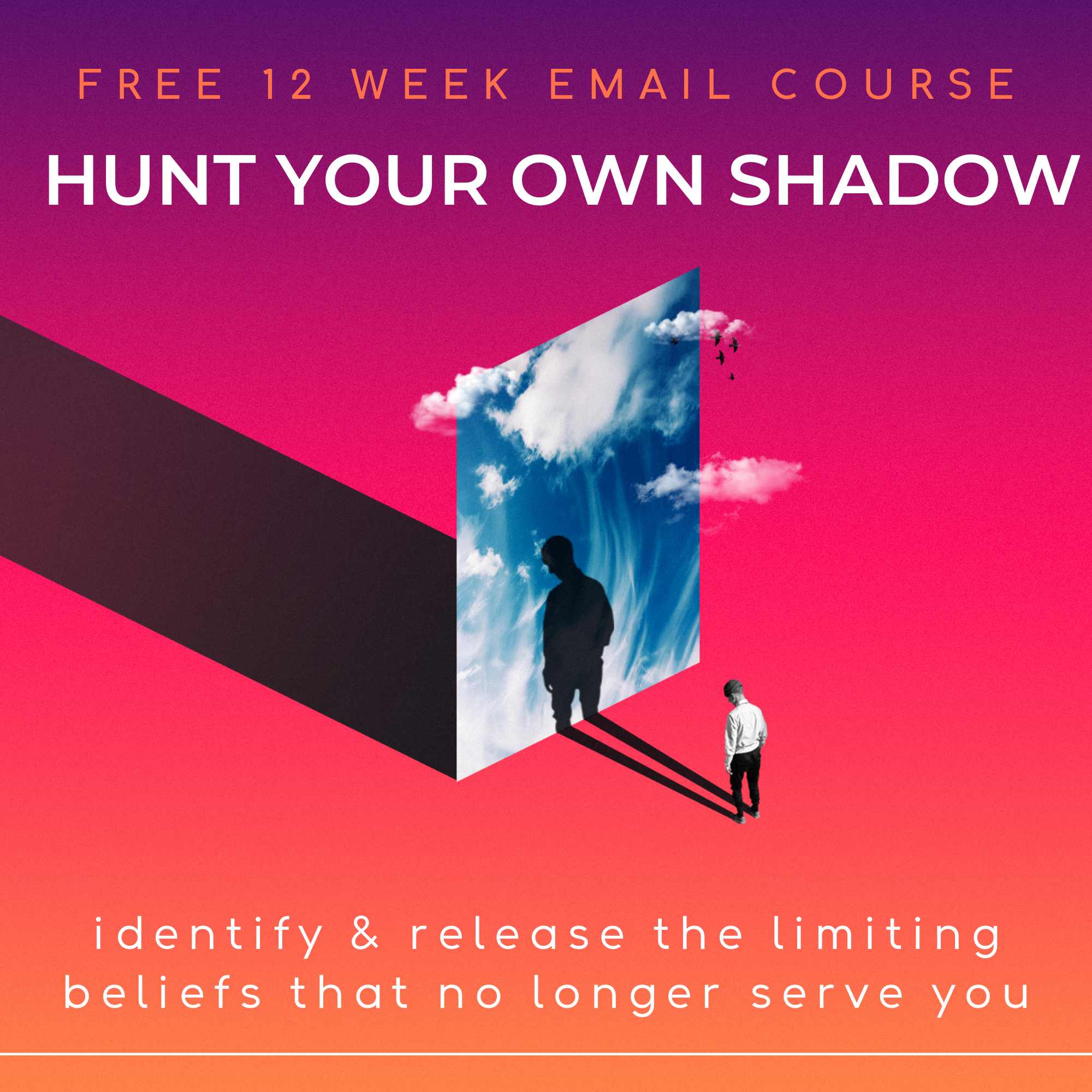"No Longer Living A Lie"
/*Trigger Warning: Sexual Assault
Most of my life was a lie. I stopped telling the truth when I was 13 when my cousin tried to molest me. He would go on to harass me for 4 more years before he pinned me to his bed and threatened to rape me. My heartbeat was in my throat.
He let go because there were other people in the house and I told him I would scream if he touched me again. I would keep this all private, wondering if it was me. If I did something wrong. I felt dirty, ugly, and completely alienated from my body because of the amount of objectification he projected onto me from a young age.
But it wasn’t just me. This past December another little cousin came out, announcing he had sexually molested her. She was half his age. He is a sex offender now.
It broke my heart because I know how hard it is to carry the weight of that burden. Sexual abuse is insidious. Incest is another monster altogether. My little cousin is 13. The same age I was when he began hurting me.
That experience shaped how I related to my body. I felt disgusted with myself. Ashamed of my femininity because puberty meant being sought after, lusted after, and ultimately controlled and exploited by men.
During the years I was being abused by my cousin I began working and was also assaulted by a coworker. Although the assault was singular, it was traumatizing, because of its severity. In my naïveté, I was tricked into entering a coworker’s vehicle in the parking lot, thinking he wanted to talk.
When I saw his genitals were out, I panicked. He forced me to perform oral sex on him. I did so in more of a trance-like state. Only knowing I wanted out, and I would do anything to be set free.
This would become my life’s narrative: doing acts for men until they allow me my freedom.
The relationship I entered shortly after that was abusive. He was manipulative, controlling, and exploitive. He saw me as a vitamin. Something that would up his life expectancy. I was being habitually raped and released.
I didn’t know how to get help. I was in a downward spiral. Between the starvation induced by my eating-disorder and the alcoholism that kept me reeling, I was achieving a state of numbness. I didn’t want to feel. I wanted to flee.
My parents were abusive. I couldn’t go to them for support. In fact, they made my life MORE stressful. They were clueless and angry. They didn’t know how to communicate and neither did I.
I still suffer from the depression my parents instilled in me. That I’m not “enough.” That I’m a mistake. A regret. That I’m broken. I have had to work so hard to pull myself out of that mindset because I lived in it for so long.
My recovery has restored my autonomy. I remind myself that I’m capable of making choices and my choices matter. I had to reach a low point. Before I could begin to heal.
I was deep in the throes of my anorexia. Routinely abusing laxatives. I was suicidal daily. A crying mess of a person. My self-hatred stronger than any other feeling I had. I was having nightmares every single night. I was in pain. Literally. Physically. Emotionally. Spiritually.
It all began with choosing myself first for once. Resigning from work so I could get help from my eating disorder. I had doctors appointments every month, blind weigh-ins, re-feeding, therapy.
I started an SSRI and an anti-anxiety medication. I was diagnosed with anorexia (AN) with obsessive-compulsive tendencies, PTSD, and major depression.
My self-harming was perhaps the addiction I struggled with most, because as I let go of my other disorders, I craved a sense of control. Control of the body has always been my coping mechanism. I can control what I do to myself even if I can’t control what others do to me.
So as an abuse survivor, self-harm is still something I participate in if I feel particularly vulnerable or stressed. I am working with my therapists now to reduce those urges but it is a slow extinction, because it is an old “survival” mechanism.
In some ways, the best thing we can do for ourselves is be gentle, open, and allow our truths a space to exist and be valid. It helps me to write down specific incidents of immense pain I’ve undergone. Writing helps me process it.
For you it could be spoken word. It could be interpretive dance. I also paint, if I can’t find the words to express what I am feeling. Having an outlet is so important because it gives you a voice.
I owe my recovery to my husband who helped me to escape the abusers that were physically and sexually abusing me. I will be forever grateful for men like him who are good and strong and decent. It gives me hope.
Below are some of the art pieces I’ve done as part of finding a healthier way of processing my PTSD. They are all my original artwork. I’m including a photograph of myself in recovery as the photos of myself while being abused are very triggering. Hope these help
